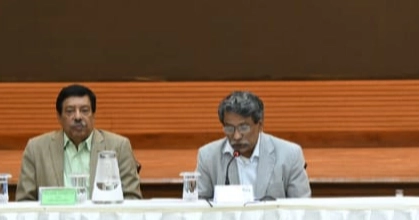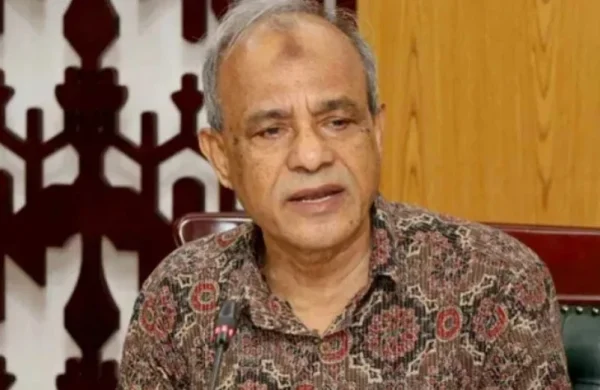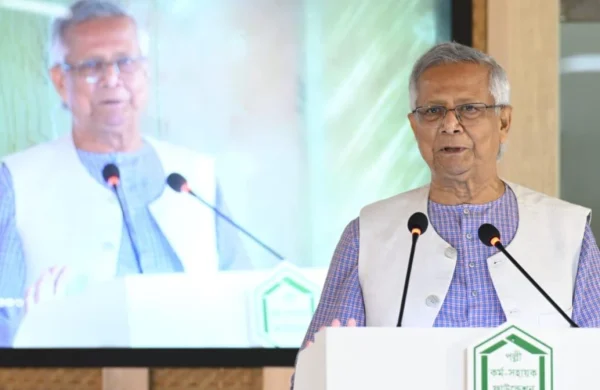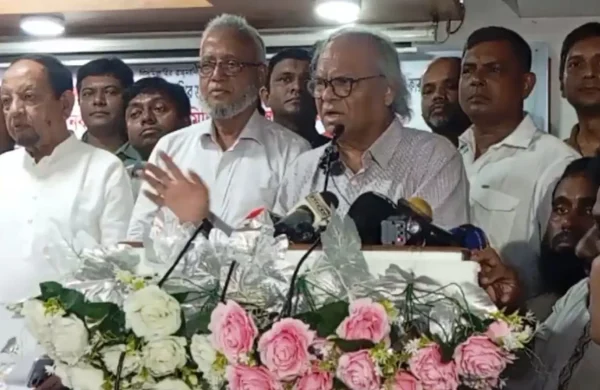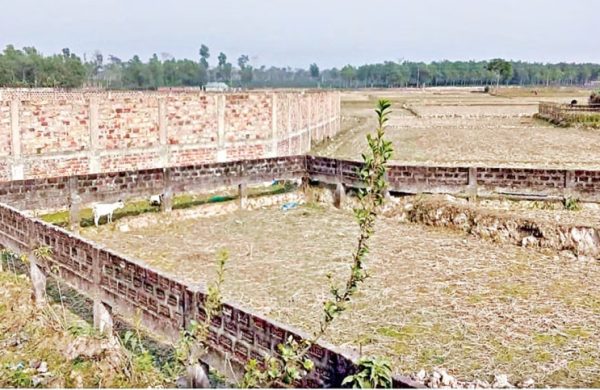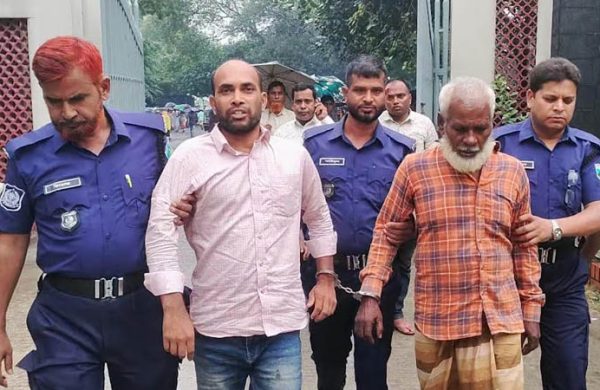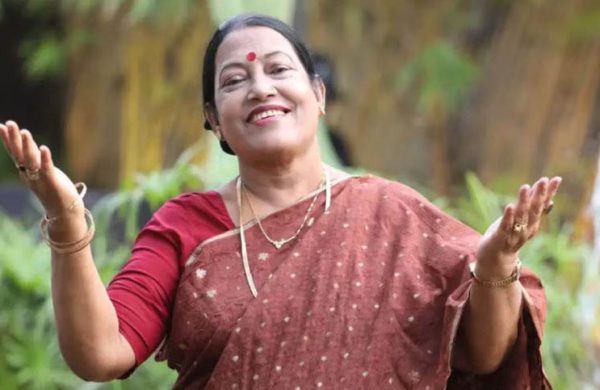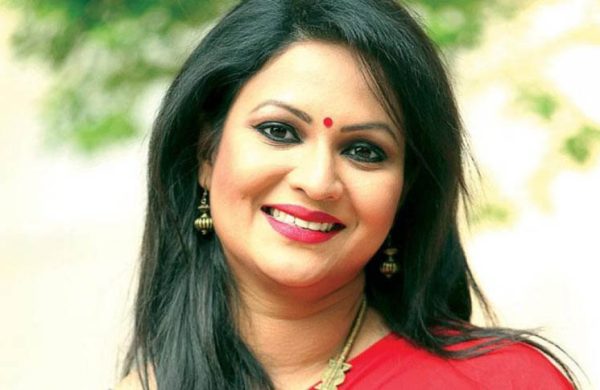Unity is key to create an ideal state for future generations, says Ali Riaz
- Update Time : Thursday, May 8, 2025
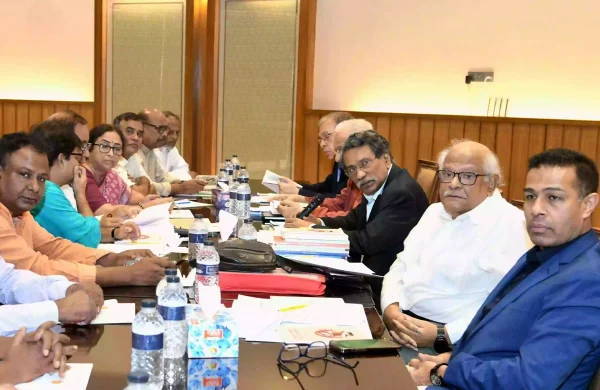
Staff Correspondent:
Ali Riaz, vice-president of the National Consensus Commission, has denoted “unity” as key to reaching the goal of creating agreement among political parties that would help establish a quintessential and accountable state for the coming generation.
Speaking at the LD Hall of the parliament complex at the start of the reform dialogue with the Bhasani Followers Council on Thursday, he reminded everyone of the “united effort” that helped overthrow the last government in the July Uprising.
“We were united in the fight against fascism, and by establishing unity in the same way, we can start the transformation of Bangladesh. If we can establish an accountable state through structural change, future generations will consider it an ideal place.
“This has been the aspiration of the people for the last 53 years and the struggle of the last 16 years, when many people have sacrificed their lives and endured torture.”
Calling on the people of the country to come to an agreement, he said: “The resistance that millions of people created and gave their lives fir during the July Uprising is their clear message to us so that in the next generation, the youth and citizens of Bangladesh do not have to take to the streets to establish their rights at the expense of their lives. We are all trying to do that together.
“I hope we can bring political parties and forces together. The National Consensus Commission is acting as a catalyst.”
Ali Riaz said the goal of every political party and force fighting against “fascism” in Bangladesh is to create an environment in which the democratic rights of the people are protected.
“Their goal is to prevent people from being victims of disappearances and murders. To protect the rights of citizens, to have an independent judiciary, to have an accountable state system, to ensure that no one person, no matter the prime minister, is above the law, and to ensure that power is not centralised. We are moving forward with that goal in mind.”
Present at the meeting, moderated by Monir Haider, special assistant to the chief advisor, were commission members Safar Raj Hossain, Justice Emdadul Haque, Badiul Alam Majumder, Iftekharuzzaman, and Mohammad Ayub Miah.
A 15-strong team of Bhasani Followers Council, led by Sheikh Rafiqul Islam Bablu, are taking part in the discussion with the Consensus Commission on Thursday.
Bablu said the fight began under the leadership of the late Dr Zafrullah Chowdhury. “At that time, people did not understand reform. They would mock us saying: ‘What are Zafrullah and Bablu saying? What is this reform?’”
“But today, reform has become an essential matter for Bangladesh and has come before the nation. It has become popular. We want to create a state reformed in a way that can pave the path for the new Bangladesh.”
“Through these reforms, we will take Bangladesh forward so that fascists and dictators never emerge in the future. We have come to the negotiating table to discuss this.”
Of the 166 proposals of the National Consensus Commission, the Bhashani Followers Council agreed with 129, disagreed with 12, partially agreed with 19 and declined to give an opinion on 6.
The Consensus Commission, headed by Chief Advisor Muhammad Yunus, has been engaging in dialogues with political parties to review their opinions on the recommendations forwarded by the 11 commissions formed to drive the state reform initiatives.
The Consensus Commission asked 39 political parties to review and provide comments on the recommendations received from five reform commissions in the first phase.


